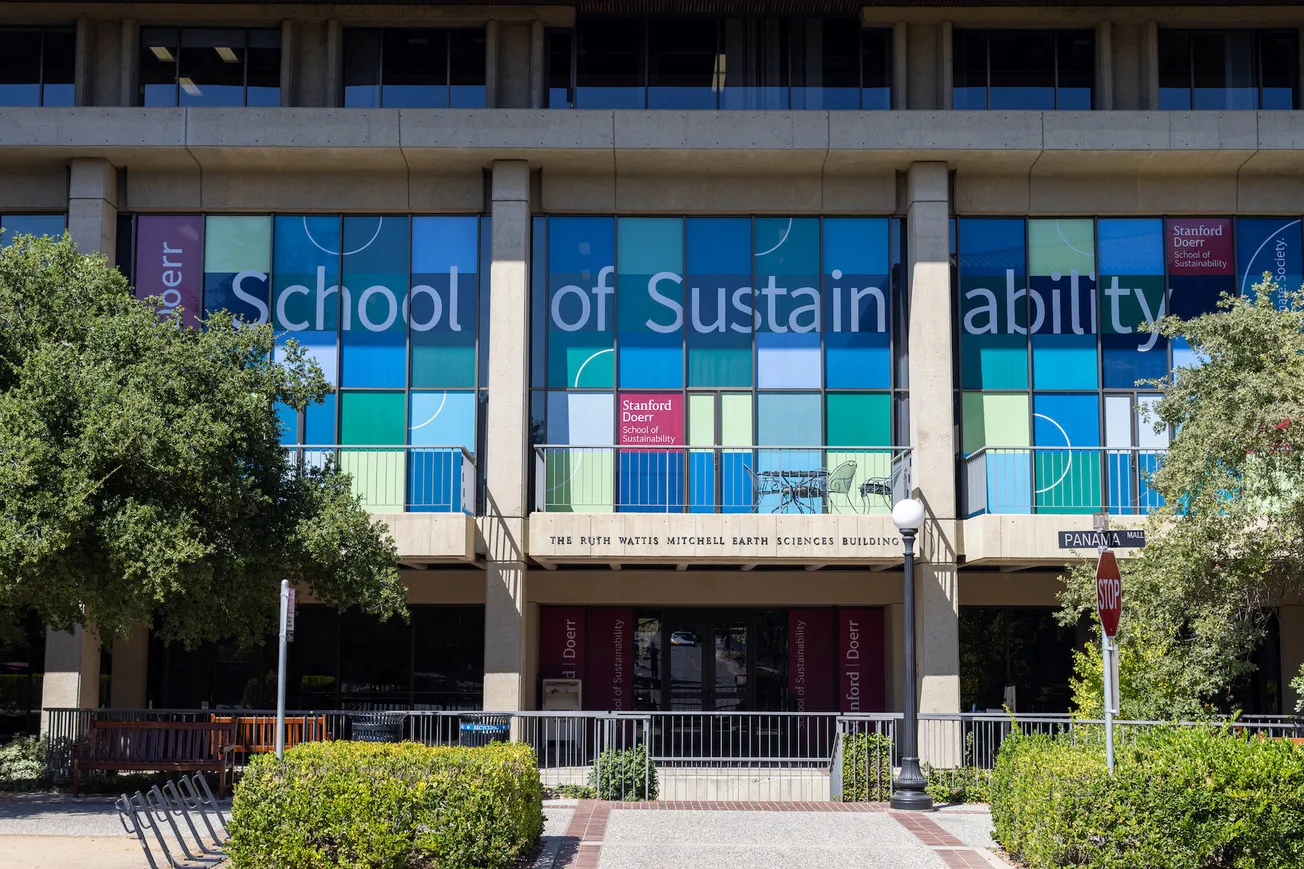Table of Contents
If it were offered, would you accept the Nobel Prize?
That probably sounds like a stupid question. “Of course I would,” you say to yourself. But in doing so, you would be accepting just under a million dollars from the foundation created by Alfred Nobel, the inventor of dynamite and original “merchant of death.” The esteemed Nobel Prize was, after all, simply a way for him to recast his legacy.
Amid scrutiny of large donations to Stanford by controversial organizations, we should recognize that a university accepting money from the Department of Defense or from fossil fuel companies is no different than someone accepting money from the Nobel Foundation. There is nothing intrinsically wrong with the transaction, regardless of the funds’ origins.
In 2022, with a $1.1 billion gift from venture capitalist John Doerr, Stanford created the Doerr School of Sustainability. There was swift pushback among students, however, when the new school did not turn away additional funding from fossil fuel companies. From 2011 to 2023, fossil fuel companies provided approximately one of every five dollars that departments now contained in the Doerr School of Sustainability received to perform research. Students argued that this “dirty money” would undermine real efforts to address climate change.
It is true, of course, that the future of clean energy does not lie in fossil fuels. But any money from fossil fuel companies represents greater resources going toward valuable research that could make fossil fuels cleaner. While solar cell and battery technology is likely to be more impactful in the long run, we must acknowledge that efforts to improve oil and gas do more good than harm.
It is reasonable to suggest that studies investigating climate policy should be less trusted if they are backed by fossil fuel companies. But that is not the sort of research Dean Arun Majumdar is allowing when he says that he “will continue to uphold academic freedom.” He explains that “there are limits… when researchers are affected by conflicts of interest or commitment.”
If ExxonMobil were willing to support research about how to make its oil extraction less carbon-intensive, Stanford would benefit nobody by refusing to conduct this research. ExxonMobil will continue to extract oil until it is no longer profitable regardless, and we would only be hurting the environment by not attempting to make the process as clean as possible. Funding this research does not take away from other research on renewable energy; additional funding enables labs to do additional research.
Stanford’s rise to prominence as a premier university is directly attributable to a source of funding that many students would object to today: the U.S. military. Stanford, founded in 1885, is much younger than other top American universities. The University became the powerhouse that it is today starting during World War II when Frederick Terman, the dean of Stanford’s School of Engineering, used his connections to obtain funding from the US military.
In 1947, the majority of Stanford Engineering’s budget came from the Defense Department. It was this funding that led to Silicon Valley’s birth and ultimately ushered in the Information Age. For example, the internet and GPS owe their creation to collaboration between military-backed researchers at Stanford and the Department of Defense itself. Even PageRank, the technology behind Google, was developed at Stanford partly with military funding.
Even if one believes that the U.S. military has perpetrated and funded unnecessary violence around the world, it benefits no one to reject military funding for research. In fact, blind hatred of the military—or fossil fuel companies—means that one believes each dollar has a larger positive impact when in the hands of DARPA or Chevron than with our own researchers.
Of course, fossil fuel money will never be anywhere near as important to Stanford as defense funding once was. But when academic freedom is upheld, each dollar used for clean energy research is a dollar well spent.









